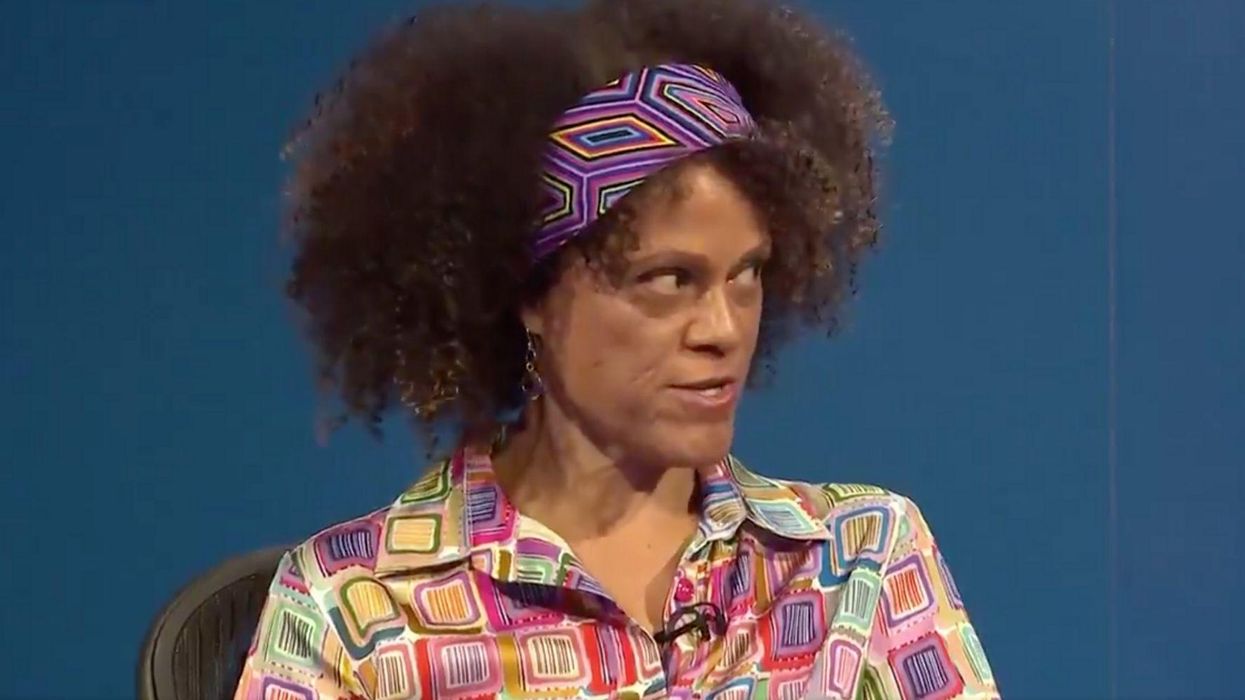News
Sanjana Varghese
Jun 12, 2020

BBC
As statues around the UK come down – and mayors investigate commissions to look into whether more streets and statues should be modified – people across the UK could be waking up to the reality of British history.
It’s been a topic of serious discussion this week.
On BBC's Question Time, audience members who joined the panel virtually brought up the debate this week.
Author Bernadine Evaristo, who won the Man Booker prize last year (along with Margaret Atwood) said that “taking the law into your own hands in order to highlight the relics of Britain's murky past is really important.”
She also pointed out that there is still a section of the UK which doesn’t necessarily believe slavery was a bad thing. She said that history in the UK has tended to be written by historians who are elite British white men, and that history needs to be revised and interrogated constantly in order to gain a better understanding of what actually happened.
“Removing those statues is giving power to people who really do object to a symbol of their historical slavery” A… https://t.co/JruSOaYLEY— BBC Question Time (@BBC Question Time) 1591912607
Lord Chancellor and secretary of state for justice Robert Buckland disagreed with Evaristo, and said that he found the removal “disturbing” because there “was a lack of order”, and that he supported democratic processes over what had happened in Bristol.
He also said that we shouldn't be "using the language of blame and apology".
Evaristo also pointed out that: “Removing those statues is giving power to people who really do object to a symbol of their historical slavery.”
She is the author of the book Girl, Woman, Other, about a group of black British women and their experiences throughout several decades, which went on to become a bestseller.
In Bristol, the statue of Edward Colston, who was a slave trader and a tobacco merchant, had been the subject of debate within the city for many years.
Protesters and campaigners had previously suggested adding a plaque to it so that people would know what the historical context was. None of this had happened.
Top 100
The Conversation (0)












